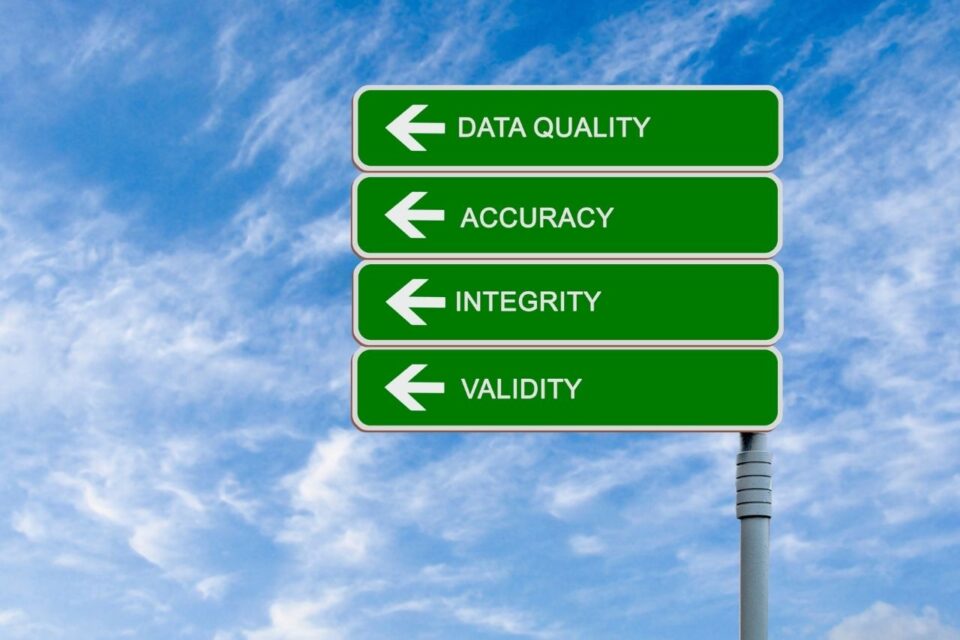
What will Trump’s Executive Order for Healthcare Pricing Transparency Do?
August 14, 2019
[Artificial Intelligence] Revenue Cycle Management 5 Things to Make It Better
September 4, 2019In the healthcare sector, you might have heard of the three-letter abbreviation RCM. It exemplifies revenue cycle management.
And, it has the potential to upgrade your business. Hospitals and healthcare centers put revenue cycle management in place to optimize their business’ revenues.
How RCM Is Different From The Billing?
Is RCM the same as billing? Well, billing and RCM are two different things. Billing is a process of registering claims with reimbursement parties including Medicare and then following up with those right sources to ensure the claims get paid as quickly as possible.
On the other hand, RCM covers wider financial aspects of running a hospital. Not only does RCM tackle billing and claims management, but it also recuperates the way denials are usually handled. From keeping tabs on revenues, and costs linked to patient’s interaction, RCM covers all aspects regarding how revenues would be managed and can be enhanced.
How does RCM Work in the Healthcare Industry?
Healthcare providers have begun to realize the importance of RCM. What it specifically does is that it automates various interconnected workflows and creates a “no-touch claims system”.
The software captures the majority of the data at the start when a patient schedules an appointment, which is the key to optimize your healthcare revenue cycle management process. This provides the groundwork through which claims would be billed and collected in an efficient manner.
The tool also provides notifications on claims requiring attention. Provided that RCM is implemented correctly, it will ensure solid documentation, collection of copays, funding of claims, and there will be no more revisions or editing for the claims.
Hence, it would be not wrong to say that RCM ensures profitable financial practices and improve the provider-patient experience.
Ways to optimize RCM
Checking in and updating the software on a regular basis can help healthcare centers optimize their revenue cycle management. The moment healthcare providers install RCM tools; they should make sure it is keeping up with the latest technology trends.
After all, an outdated system cannot provide enough security support and updates. However, it’s tough to ensure that the RCM system continues to yield profitable results over time.
That being said, it is imperative that the management of the healthcare organization chooses a team from its staff who will be responsible to view the overall performance of RCM software steadily. The team should also look for new features, updates, and tools to boost RCM.
Also, the healthcare organization’s IT staff should work on the side with RCM Staff to make sure they don’t skip on installing crucial upgrades necessary for the automation and avoid sending bad claims to payers.
Outsourcing
Apart from introducing new systems and solutions, providers can also opt to outsource steps of the RCM process to third-party vendors. This will ensure optimal revenue cycle management process.
There are many third-party vendors that are managing a few specific elements of the RCM process and this way a provider will only outsource for what they need the assistance with. The idea is to embrace the best practices so that troubles can be identified.
Another obvious benefit of outsourcing is expertise, and thorough knowledge (institutional and industrial). Third-parties are dealing with a wide range of information and exhibit a broader perspective, providers are sure to expect positive results.
Conclusion
Consequently, the RCM process greatly aids medical professionals to manage their profits in a dedicated manner. Besides being a better option to manage claims, it is a powerful tool that enhances your medical practice’s efficiency.
Learn how our AllPayor® Software is saving other organizations $$MILLIONS!
If you are interested in a free demo of our AllPayor® Software, please go HERE or you can register for a FREE webinar HERE





